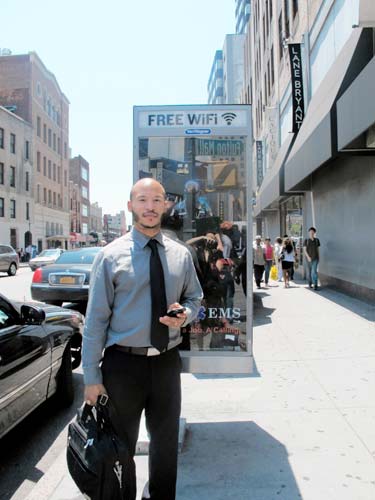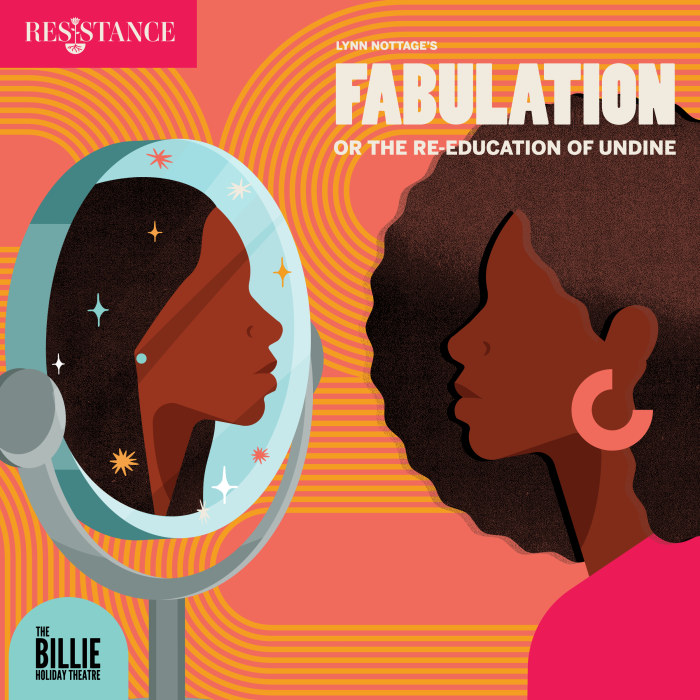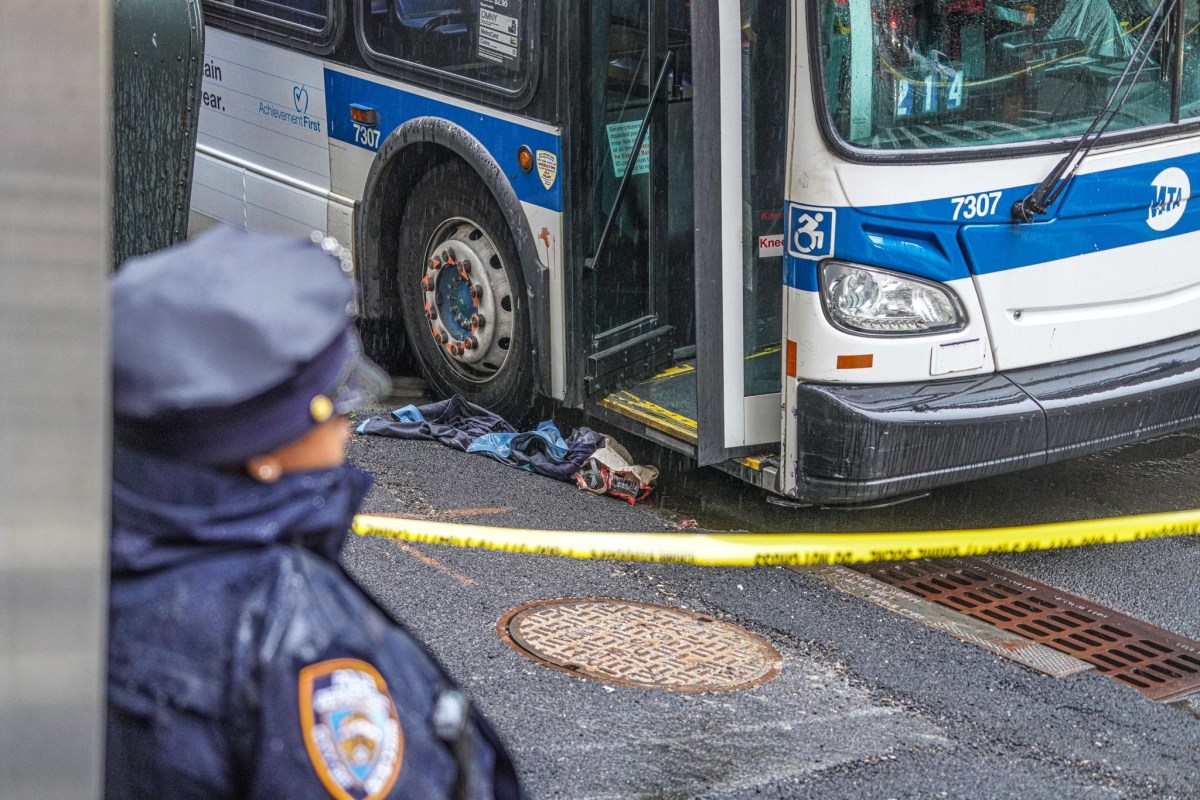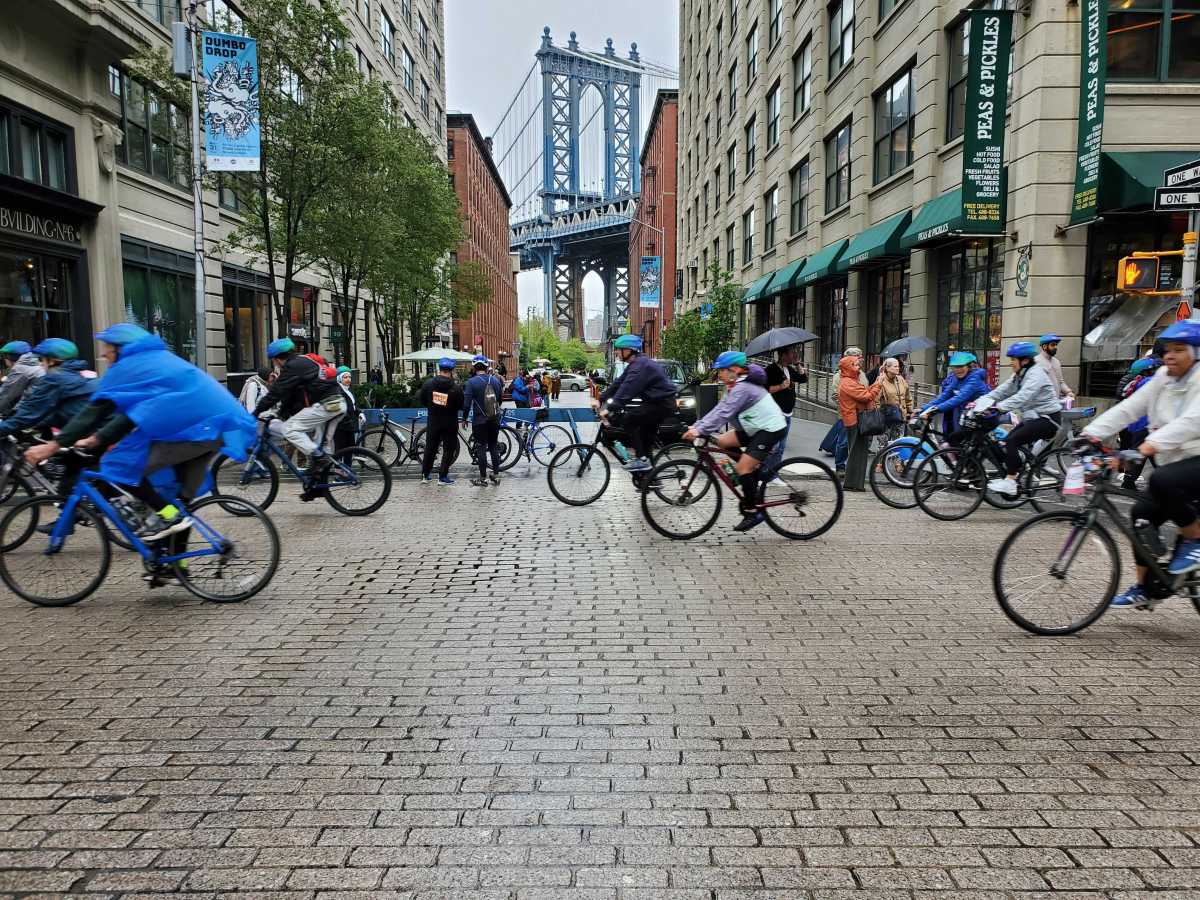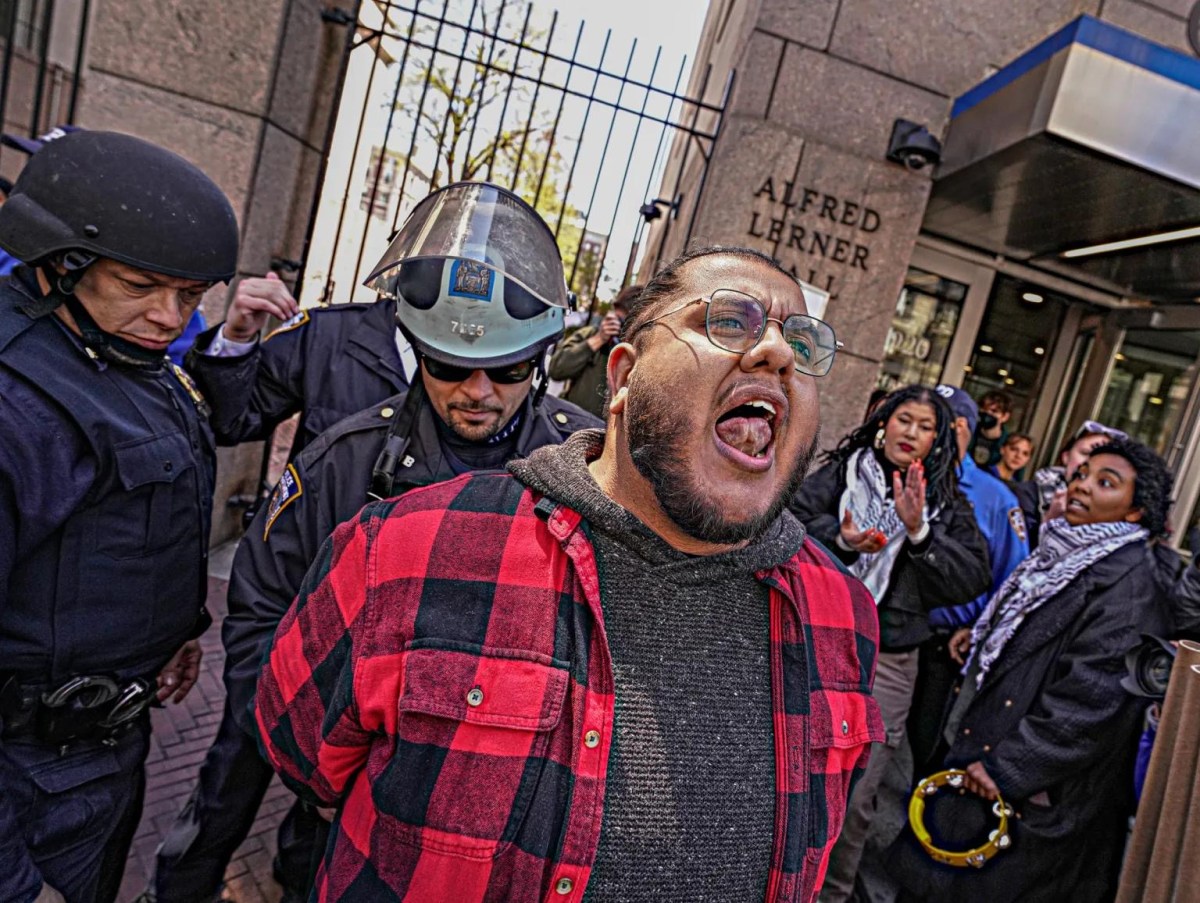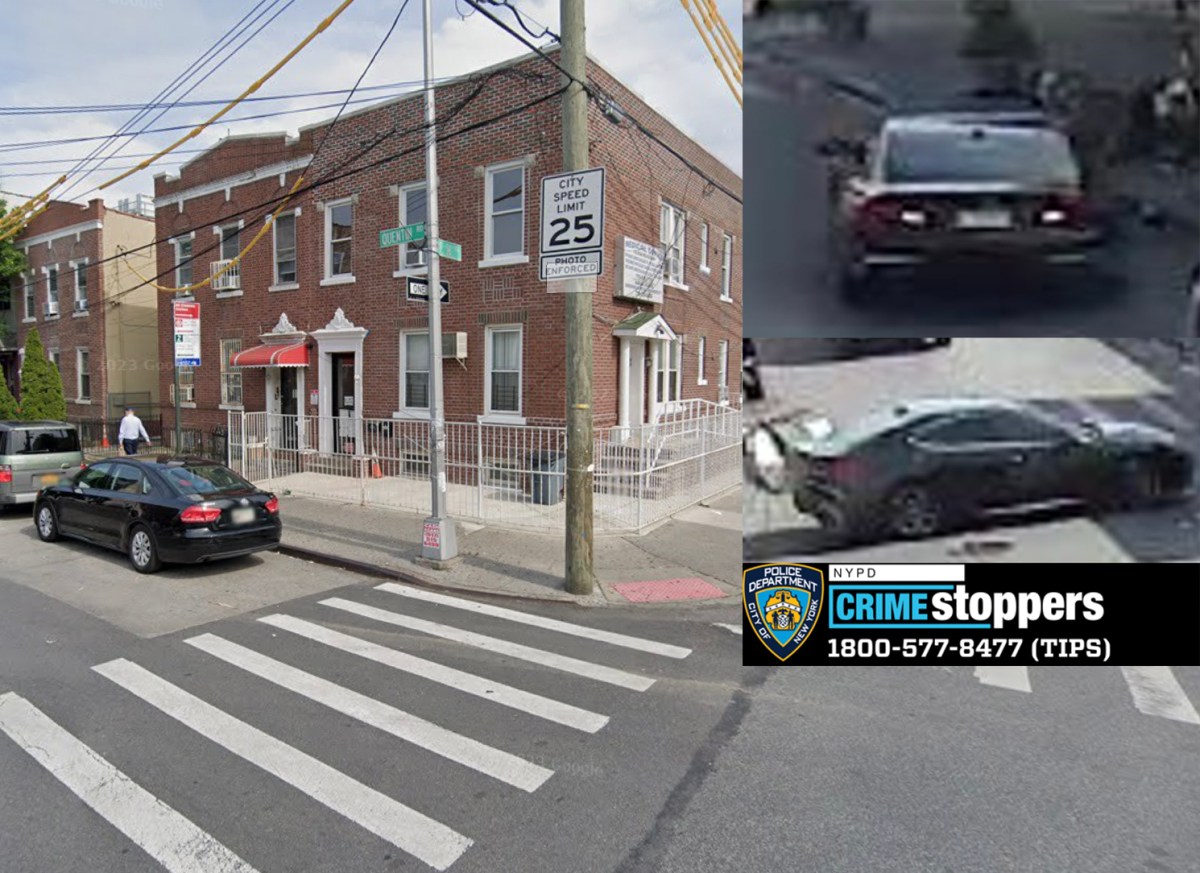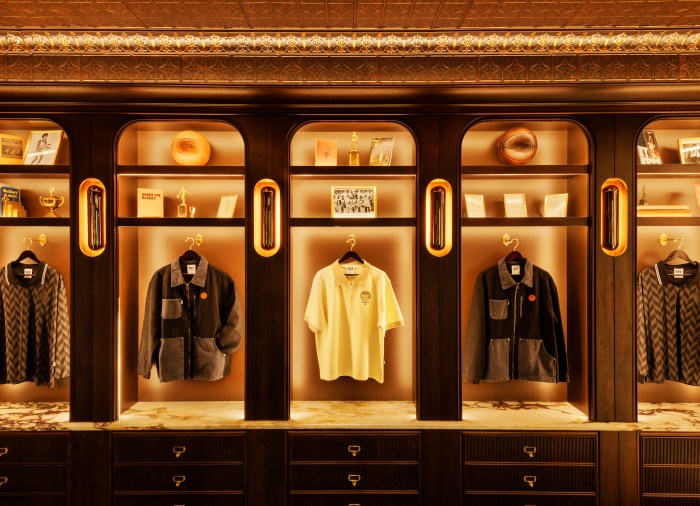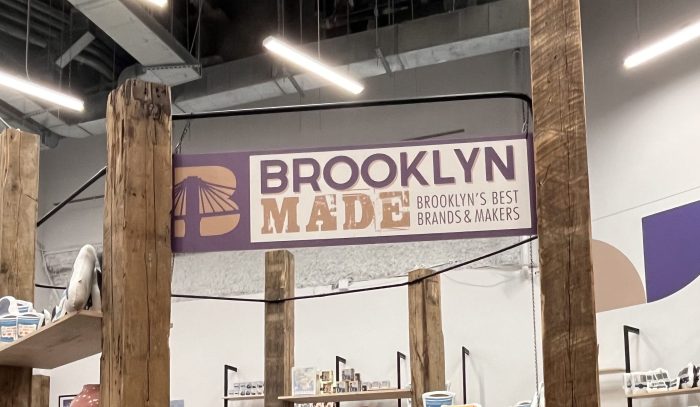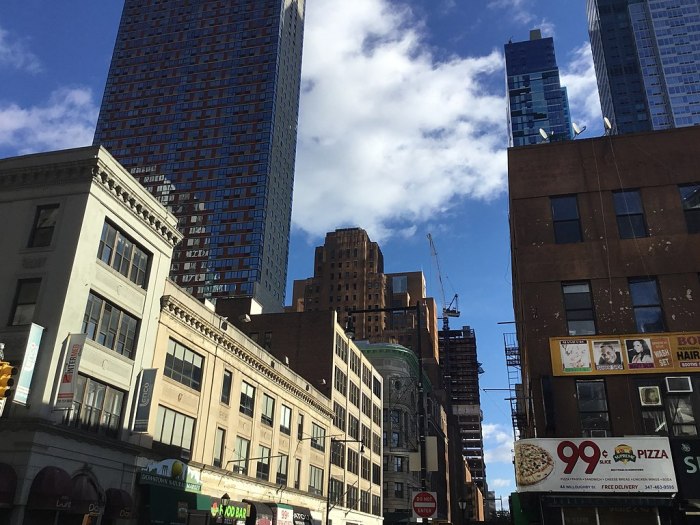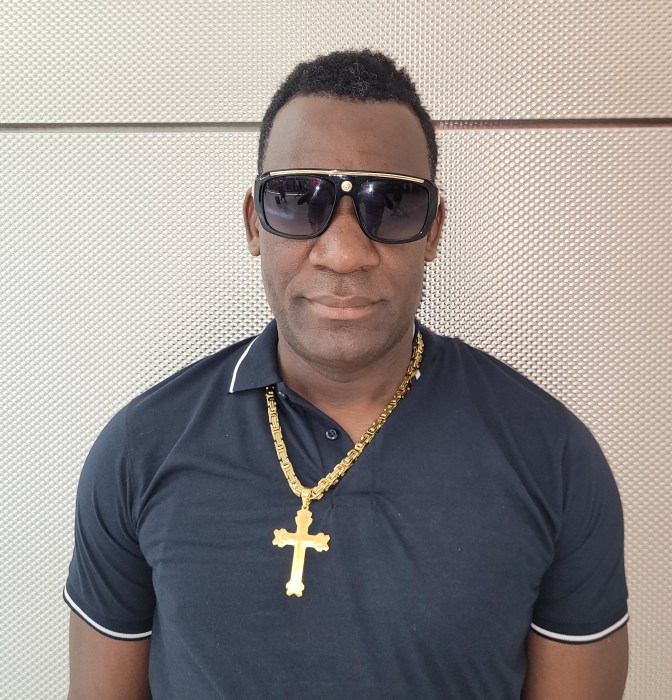Pay phones are going the way of the telegraph — but city officials are hoping to modernize the pre-internet relics with a more up-to-date amenity: free Wi-Fi.
Two Fulton Mall pay phones became wireless internet hot-spots in the first phrase of a citywide project intended to give the street fixtures new value and keep them from becoming trash-filled antiquities from the era before cellular phones were ubiquitous.
Net-connected Brooklynites can access the hot-spots — one at the corner of Smith Street and the other in Albee Square — without a user name or password after agreeing to terms and conditions.
The service, funded by advertising companies Titan and Van Wagner, offers internet access up to around 200 feet away from the pay phones themselves, and computers can stay connected indefinitely.
That means a few lucky Downtown dwellers or businesses could potentially nix their own internet service and siphon off the city instead — but boosters of the plan say that’s not necessarily a problem.
“I don’t want to get into the choices people make,” said Chris Coffey, assistant commissioner of the Mayor’s Office of Media and Entertainment. “The goal is to make sure they have access.”
Aside from a banner sign across the top advertising “Free Wi-Fi,” the pay phones look exactly like their non-hot counterparts — and they still work for calls.
Many passersby didn’t notice that the phones were now ’net-connected, but some were intrigued about the new utility.
“Sometimes you need Wi-Fi for your phone to do certain things, so this is helpful,” said Gabriel Troncoso. “I would use it to FaceTime with my wife and child.”
But Charisse Blango, who works at the Lane Bryant at the corner of Smith Street, doesn’t expect many people will pull out their computers or iPhones at the busy intersection.
“How long can you stand there and use it? There’s not even a space for you to set your laptop,” she said. “I have my doubts about how many people will use it.”
The city hopes to expand the program to the more than 12,000 pay phones across the five boroughs.
“We want to make sure the pay phones continue to have a place in the city in 2014 and 2015 and beyond,” said Coffey. “Maybe people use phones less but they can continue to get some use out of the pay phones.”


